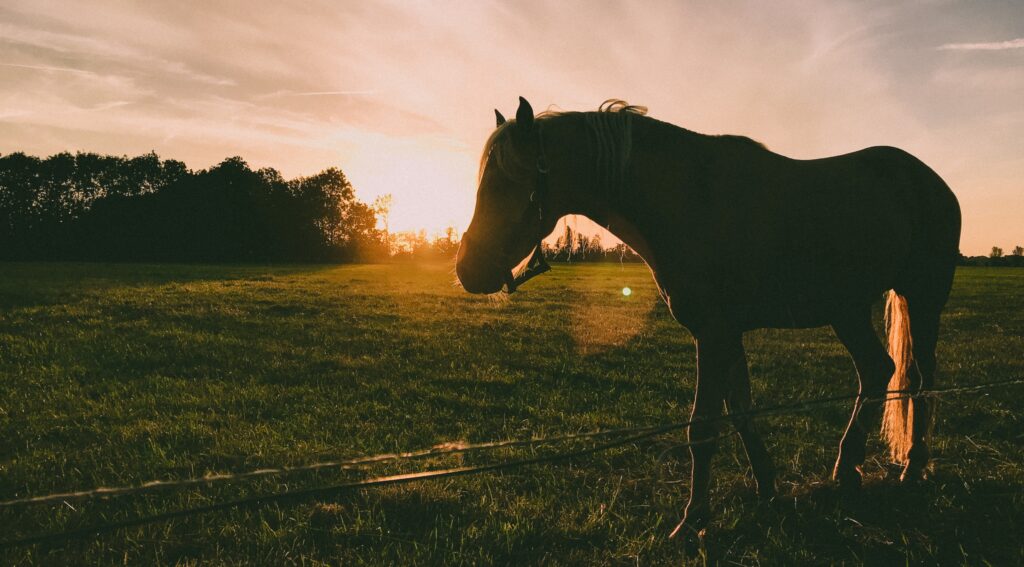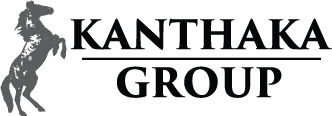Equine law encompasses all aspects of horse-related activities and industries. Kanthaka Group’s Colorado equine lawyers services include preparing or reviewing equine-related contracts, filing tax returns and resolving disputes and litigation related to horse transactions and injuries, and advising on gaming laws and animal rights matters.
An attorney who practices in this area of law must have a broad understanding of the law, as well as a comprehensive and direct understanding of horse-related industries and matters. Our Colorado Springs attorneys at Kanthaka Group offer equine legal solutions that make sense for our clients. In accordance with applicable equine laws, our experienced horse, Colorado Springs equine lawyers will propose a common sense plan to help clients achieve their goals.

Colorado Springs Equine Law in Sport, Hobby, and Industry
Equine law pertains to all aspects of horses and horse-related activities.
We provide a variety of services for horse owners, businesses, associations, stables, and other clients including:
Purchase and Sale of Horses
For novice and experienced horse owners alike, buying and selling a horse in Colorado can be a daunting prospect. Horse salespeople are often less than honest about the quality and health of the horses they are selling. In order to avoid issues after the sale, as well as to provide the purchaser with a remedy in the event the seller is untruthful about the horse being sold, it is vital to have a purchase/sale agreement in place at the time of the transaction. Explore our article: How to Lawfully Sell a Horse — Protecting the Legal Rights of Buyers and Horses for more information.
Farm and Ranch Operation
Equestrian farm and ranch operations have unique needs that need to be evaluated and met. Boarding and training contracts as well as liability releases are essential for any horse ranch or farm. For daily operations, you may need advice and guidance about issues like Agister’s liens, real estate, and insurance.
Craft and Execute Sales and Lease Documents
We represent your interests by carefully preparing equine-related contracts and leases and handling disputes and litigation arising from equine transactions. We specialize in representing buyers, sellers, and agents in purchasing, selling, leasing, and syndicating horses.
Litigation and Legal Disputes Involving Horses
While it is often best to settle disputes early, it may be necessary to litigate in cases involving purchase and sale disputes, equine title disputes, breaches of contract, fraud, or breeding rights. We represent clients in arbitrations, mediations, and hearings in state and federal court.
Risk Management Consulting
Our attorneys can help you avoid liability through risk management consulting. We provide advice to individuals as well as equine associations regarding rules, regulations, and bylaws.
Frequently Asked Questions (FAQ) About Colorado Equine Law
Why should I ask a horse seller to sign a purchase agreement?
A written agreement is essential when buying or selling a horse in order to protect both parties. All the information about the horse that has been discussed previously should appear in the contract, ensuring clarity and preventing possible misunderstandings.
What is the difference between a horse’s breed registration and legal title?
It may surprise you to learn that a horse’s breed registration is NOT the same as a legal title. Horse breed registrations give an indication of title, but are not titles. An independent Bill of Sale or other written document establishes legal title. Bills of Sale usually include references to express and implied warranties pertaining to the horse being sold. One can use a breed registration as a form of “collateral” if a loan was made against the horse, but a breed registration cannot be used as a legal title.
How can I protect myself when I sell a horse?
Make sure you get everything in writing. As with any transaction, nothing is more infallible than a signed document. You should document every step of the purchase process, from the trial period to the pre-purchase examination, to protect yourself and the horse. Consult an experienced Colorado equine law attorney who knows the ins and outs of forming airtight contracts and sales agreements.
Respond fully to all questions a buyer might have. Health histories and Coggins reports are a must, but you should also learn as much as possible about the breeder and buyer. The more knowledge you have, the better position you’ll be in to negotiate the highest sales price.
I bought a horse but it has a problem I wasn’t aware of. Does the seller have to take it back?
It is generally a “buyer beware” situation when it comes to horse sales. The majority of horse sellers, including breeders and brokers, do not offer a return policy or guarantees. That said, horses must be in accordance with any description given before the sale.
In these situations, we advise sending the seller an email notifying them that you are rejecting the horse, that you want a refund, and that you want to speak to them to arrange the horse’s return. In the event that the seller does not engage, the Court will have evidence that the buyer took reasonable steps to “reject” the horse.
Should I buy a horse over the Internet?
The risk of being dissatisfied with your horse purchase increases when you purchase one online, especially sight unseen. Photographs and videos can be professionally edited to hide flaws in conformation and gait. Video only gives a snapshot of a horse’s behavior at a particular moment in time, which makes judging behavior and training issues difficult.
While there are some risks, the Internet greatly expands your choices when it comes to buying a horse. To help mitigate these risks, you might consider hiring a professional trainer who specializes in the breed or discipline of the horse you intend to purchase. Your next step should be arranging for an independent veterinarian to examine the horse thoroughly before purchase. Last but not least, you should have a written purchase agreement in which the seller makes explicit statements and warranties about the horse’s behavior and health.
What is a Brand Inspection?
In Colorado and six other states, a brand inspection is a necessary part of the equine transfer process. Brand inspection is mandatory on cattle, horses, mules and donkeys in Colorado. A brand inspection is required every time you change ownership of an equine. Inspections are generally arranged by the owner of the livestock to be sold or transported, and it is the inspector’s job, among other things, to determine whether the purported owner is in lawful possession of the livestock.
Contact The Experienced Colorado Springs Equine Lawyers At Kanthaka Group
At Kanthaka Group, some of our attorneys are horse owners, breeders, and equestrians themselves, giving us a unique understanding of the wide range of issues facing those involved in the industry. Our Colorado equine law attorneys strive to guide organizations, owners, and investors through everything from reviewing simple contracts to litigating complex cases. We’re ready to deliver above and beyond expectations. Contact our Colorado Springs equine lawyers today.
We are proud participants in the Colorado Reined Cowhorse Association which promotes the training of and interest in reined working cow horses among horse riders of this nation and the world.
